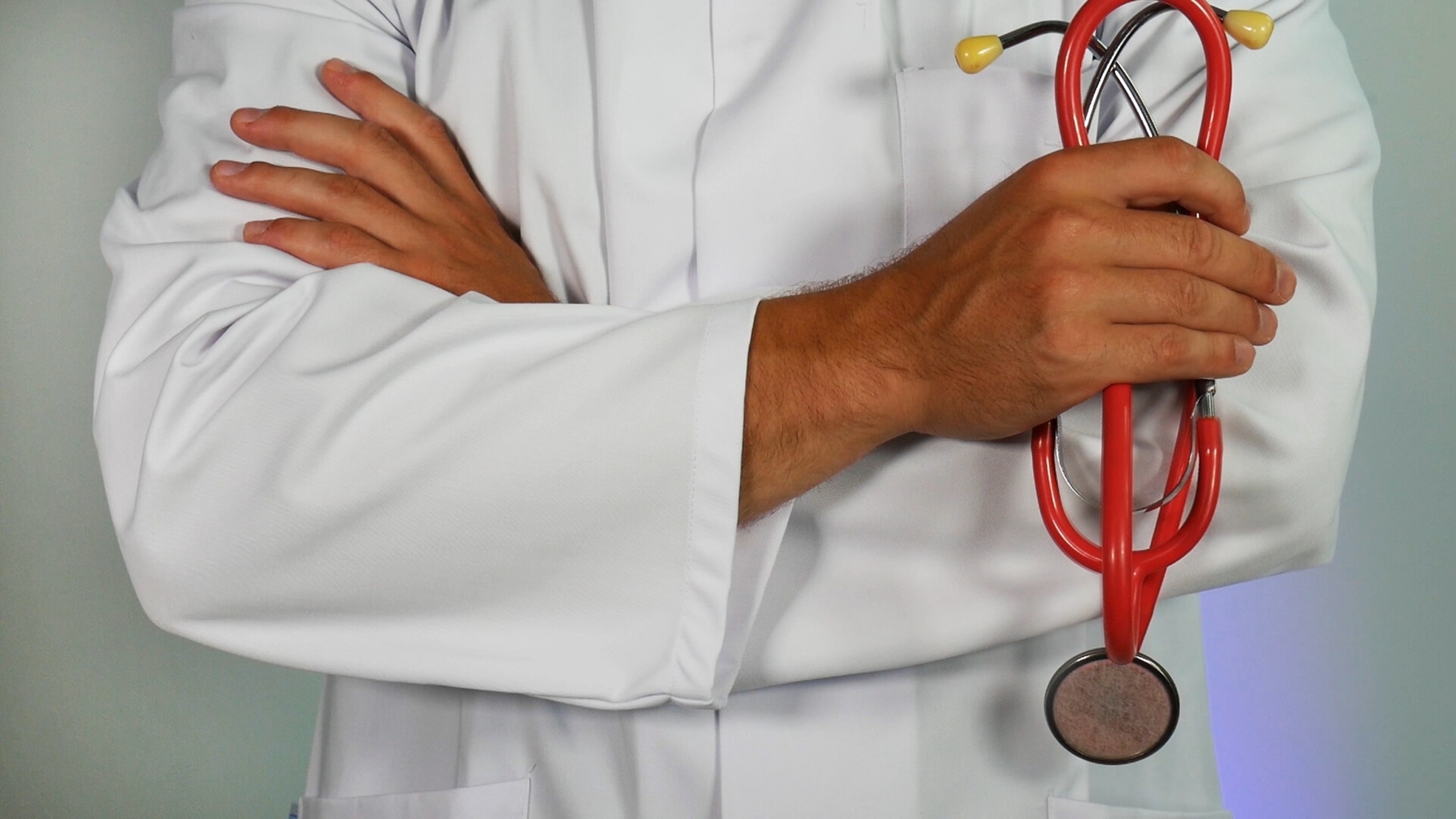Breath testing is a noninvasive method doctors can use to diagnose gastrointestinal conditions. Here’s what you need to know about breath testing.
Breath Testing
Breath testing gives doctors a noninvasive way to diagnose several conditions. They can analyze your breath to detect amounts of particular gases, making diagnosis quick and simple. Typically, there are a few pre-testing steps you will need to follow, including consuming particular liquids and avoiding certain activities before or during breath testing. The specifics for each type of breath testing are discussed in the following sections.
Bacterial Overgrowth Breath Test
This test is used to figure out if there is too much bacteria growth in the small intestine. This sort of overgrowth can prevent your body from absorbing nutrients properly. In the day prior to this test, you will need to limit your consumption of slow-digesting foods like beans and pasta. You will also need to fast for 12 hours before testing, and should not sleep, smoke, or exercise vigorously directly before or during the test. Additionally, you should avoid chewing gum, having mints, using mouthwash, or brushing your teeth the morning of. Stop using probiotics for the two weeks leading up to testing as well. You need to reschedule the testing if you have been taking antibiotics within 48 hours. Finally, you may consume water up until the time of testing, but you can’t eat or drink during the test.
During Bacterial Overgrowth Breath testing, you will first breathe into a small machine. Then, you’ll consume a lactulose solution (this may cause abdominal pain or diarrhea for some people). 90 minutes later, you will breathe into the machine again. Last, you will wait an additional 30 minutes and breathe into the small machine.
Fructose Breath Test
Fructose testing helps determine whether you may have trouble absorbing fructose. Symptoms like gas, bloating, diarrhea, and cramping can be a sign of fructose malabsorption. Fructose is a sugar that is in many plants you may consume, like onions, artichokes, and pears.
Preparation for this test is similar to the aforementioned testing. The day before the test, you need to limit consumption of slow-digesting foods. Stop taking medications leading up to the test. You must fast for 12 hours before testing, and shouldn’t smoke, sleep, or exercise vigorously right before or during testing. Also, you should not chew gum, use mouthwash, brush your teeth, or have mints the morning of testing. You may consume water up until the time of testing, but you can’t eat or drink during the test. Finally, you should let your doctor know if you have taken antibiotics recently or if you have been having diarrhea.
Three hours prior to the testing, you will need to consume 12oz of Coca-Cola. When you arrive for the test, you will breathe into a machine that will measure for hydrogen gas. You will breathe into the machine in 30 minute intervals for three hours.
Pylori Breath Test
H. Pylori breath testing helps doctors detect the presence of H. Pylori bacteria in your stomach or small intestine. This bacteria can cause diseases and increase your risk of gastric cancer. Two common conditions associated with the bacteria are gastritis and gastric ulcers.
To prepare for H. Pylori breath testing, you should stop taking proton pump inhibitors like Prilosec OTC or Nexium. These can lead to false readings. You will also need to stop taking antibiotics two weeks before testing. Additionally, you should stop taking Sucralfate, Pepto-Bismol, and Carafate. Finally, you will need to fast for the hour leading up to the test.
During testing, you will first give a breath sample. Then, you will drink a Pranactin-Citric solution and give another breath sample 15 minutes later.
Lactose Breath Test
Lactose breath testing helps diagnose lactose intolerance. This intolerance prevents you from being able to digest lactose (a sugar found in milk) properly. Common symptoms of this intolerance are bloating, gas, cramping, and diarrhea after consuming dairy products.
Preparation for this testing is similar to preparing for a Bacterial Overgrowth or Fructose test. The day before testing, you will need to limit consumption of slow-digesting foods like beans and pasta. You also need to fast for 12 hours before testing, and should not sleep, smoke, or exercise vigorously directly before or during the test. Additionally, you should avoid chewing gum, having mints, using mouthwash, or brushing your teeth the morning of. You will need to be off of any antibiotics for two weeks before testing. You may consume water up until the time of testing, but you can’t eat or drink during the test. Tell your doctor if you have had any recent diarrhea, as this can affect testing.
Three hours before the test, you will need to consume 12oz of skim or fat-free milk. During the test, you will need to drink a beverage with lactose. This can cause intolerance symptoms. After this, every fifteen minutes, you will blow into inflatable bags that will be tested for hydrogen levels. An elevated hydrogen level means that lactose is not digested properly.
Our experienced team at GHP has years of experience performing breath testing. We can help establish the best plan of care for your situation. Contact any of our office locations to learn about the options we offer and schedule an appointment today.



